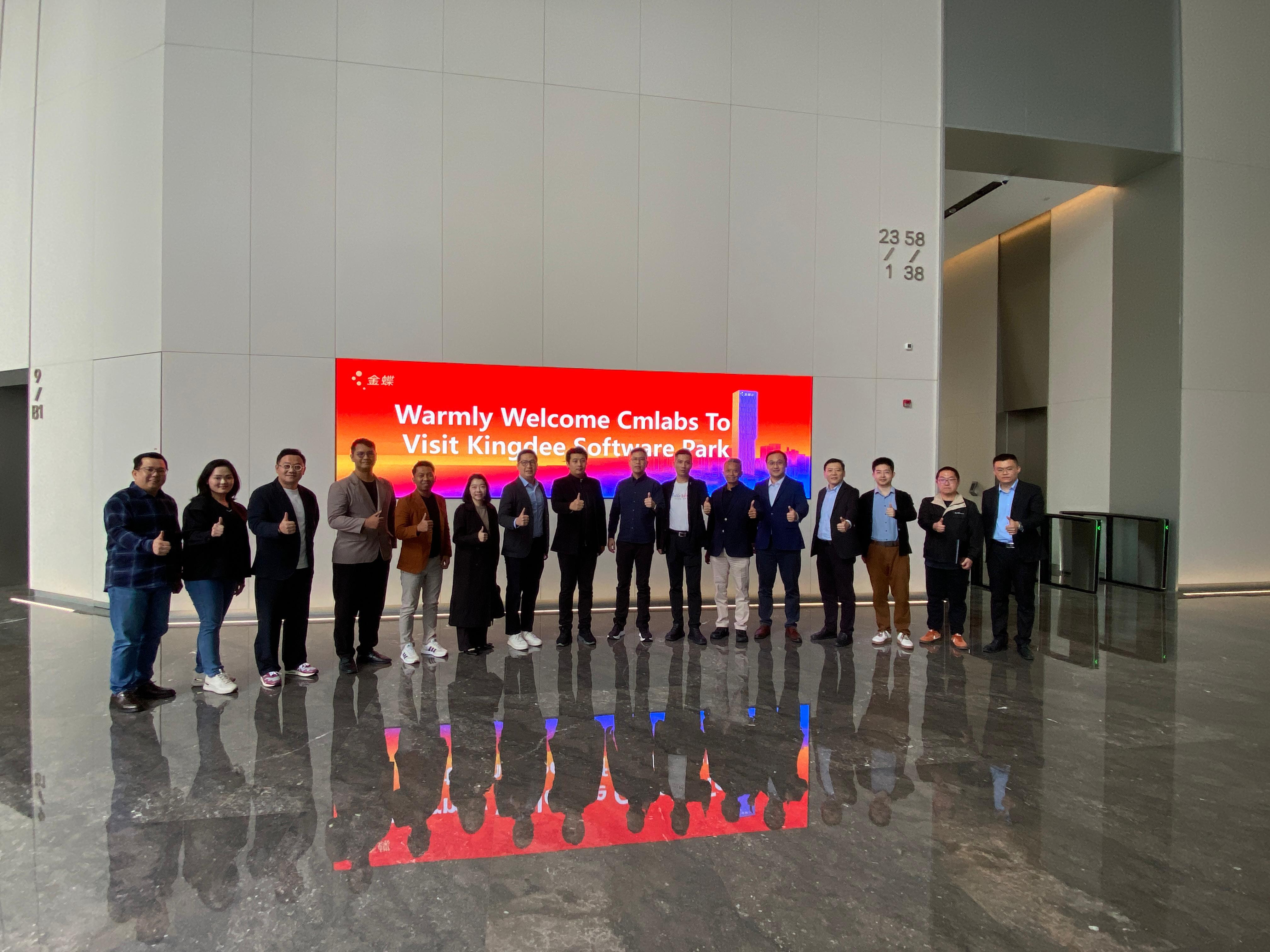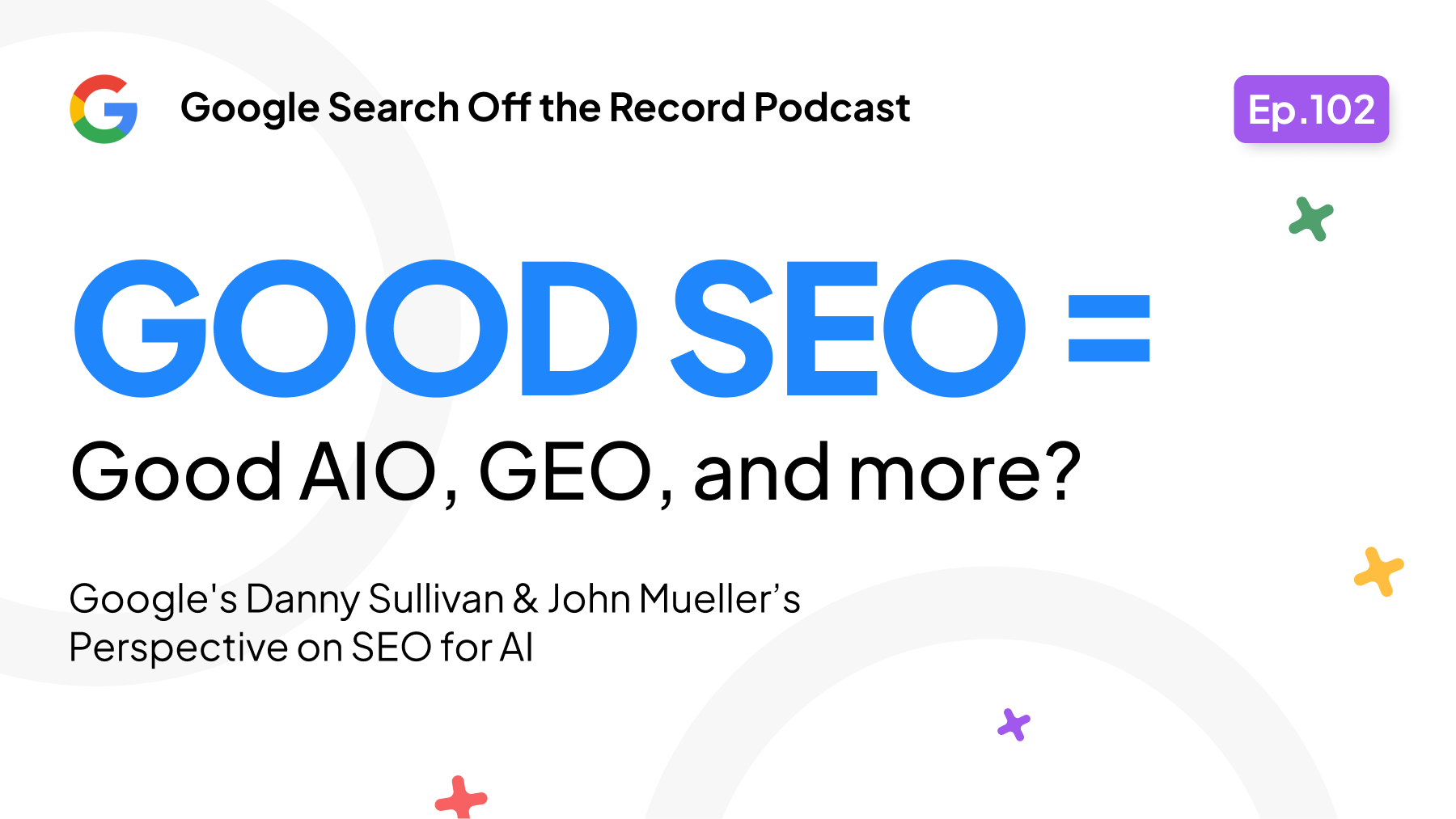Google Develops New Algorithm to Handle Deepfakes

In response to rising concerns over deepfake content, Google is launching a groundbreaking algorithm upgrade. Learn more here!
Key Takeaways
-
Google has updated its algorithm to enable users to report deepfake content appearing in search results.
-
Google is continuously refining its search ranking system while actively removing deepfake material.
-
Websites affected by this update will see a drop in ranking, as Google deems them to be of lower quality according to its policies.
The rise of generative technology is increasingly raising user concerns, as images with explicit sexual content can now be created and distributed online without consent. This type of content is commonly known as "deepfake."
To address this issue, Google has updated its algorithm based on consultations with experts and survivors. The new approach aims to remove deepfake content from search results and prevent it from ranking highly.
What Is Deepfake?
Deepfake technology is a form of artificial intelligence used to create highly convincing fake images, videos, and audio recordings. The term "deepfake" combines "deep learning" with "fake."
The most common deepfake format involves swapping one person’s face with another’s. Additionally, deepfake content can make it appear as though someone is saying or doing something they did not actually do.
How Deepfake Works
Deepfake technology operates differently from traditional asset editing. To create deepfake content, creators use specialized algorithms that blend existing assets with new ones.
For instance, the facial features of a person in an image are analyzed by machine learning algorithms and then manipulated into the context of a different image or content.
In general, deepfake technology employs two types of algorithms: the generator and the discriminator. The generator creates a training dataset based on the desired output and produces initial fake digital content.
Meanwhile, the discriminator assesses how realistic or fake the initial content is. This process is iterative, allowing the generator to improve its ability to create realistic content, while the discriminator becomes more skilled at detecting flaws that need correction.
The creation of deepfakes involves three steps: extraction, training, and creation.

The Risks of Deepfakes for Online Users
The presence of deepfake content on the internet is widely condemned due to its potential risks to users. Deepfakes can be used to spread false information that appears to come from credible sources, despite being generated through artificial intelligence manipulation.
Beyond misinformation, deepfakes are often employed to damage reputations, extort money, commit fraud, manipulate politics, and influence stock prices.
So, is deepfake legal? In general, creating deepfakes is permissible. However, their use can become illegal if it violates existing regulations or laws, such as those pertaining to hate speech, child pornography, fraud, and other harmful activities.
In fact, several states in the United States have already enacted laws banning the use of AI-generated deepfakes.
Google's Update on Deepfake Content
In response to concerns about deepfake content, Google has updated its algorithm to allow users to report such material directly to the system, which will then take appropriate action. Here’s a detailed overview:
Easier Removal of Deepfake Content
Google has received numerous complaints and requests to remove explicit fake or deepfake content from Search. In response, they have developed a system that allows users to request the removal of such content.
Once a request is submitted, Google's system will filter similar explicit search results to prevent them from reappearing. Additionally, when explicit images are removed in accordance with Google’s policies, their system will scan for and eliminate any duplicate content related to those images.
Google claims that this protection scheme successfully identifies other non-consensual image types and is now working on technology specifically for deepfake images. This aims to provide users with greater peace of mind while using the search engine.
Google's Approach to Combat Deepfakes: Developing a Ranking System
In addition to improving deepfake content removal, Google is also building a more refined ranking system that ensures only high-quality information appears at the top of search results. This helps prevent explicit content from dominating search results while the removal system addresses these materials.
As part of this effort, Google has launched an update that reduces the visibility of explicit fake content across various searches. For queries specifically looking for such content and including individuals’ names, Google will strive to display high-quality, non-explicit content, such as relevant news articles, if available.
The result of this update is that Google has managed to decrease the exposure of explicit content in Search by over 70%.
Moreover, Google will distinguish between explicit content that is legitimately created with consent, such as scenes from rated films, and deepfakes, which involve content generated without the subject’s approval.
Things You Should Note from This Updates
Google has announced that if a site has many sections or pages affected by this update, it may be considered of low quality. Consequently, the site's ranking could decrease as part of Google's ranking factors.
This approach has proven effective for certain types of "harmful" content and will support Google's efforts to reduce deepfake content in search results.
While Google has made progress in addressing explicit fake content, it acknowledges that there is still much work to be done to improve its system further and enhance user experience.
Why SEO Specialists Need to Pay Attention to This Update
This Google algorithm update signals that the search engine is continually evolving to enhance user experience and remains committed to delivering valuable and safe content.
For SEO practitioners, this means they need to produce content that aligns with Google's policies, focusing on quality and user relevance to ensure it is prioritized by the search engine.
Additionally, SEO specialists should avoid using black-hat techniques to manipulate search rankings, just as deepfakes manipulate content for harmful purposes.
News Source
As a dedicated news provider, we are committed to accuracy and reliability. We go the extra mile by citing credible sources to support the data and information we present.
- Google Blog, July 31, 2024 - https://blog.google/products/search/google-search-explicit-deep-fake-content-update/
Risca Fadillah
As an SEO Writer, I stay up-to-date with the latest SEO practices and industry insights to craft content that is search-optimized, credible, and genuinely valuable, designed to perform at its best on SERPs.
Another post from Risca
cmlabs Unite with Zhongnan Group to Strengthen the Foundation of Global-Standard Digital Creative Assets
Wed 18 Feb 2026, 15:02pm GMT + 7Collaboration cmlabs x Kingdee, a Leading Chinese ERP Company, Expands Global ERP Access in Indonesia
Tue 10 Feb 2026, 10:15am GMT + 7Good SEO Is Good AIO? Google's Danny Sullivan & John Mueller’s Perspective on SEO for AI
Mon 05 Jan 2026, 15:42pm GMT + 7Example of Customer Loyalty Programs to Attract Repeat Orders
Tue 30 Dec 2025, 15:21pm GMT + 7More from cmlabs News your daily dose of SEO knowledge booster
In the development of its latest search engine, Bing has partnered with GPT-4 to deliver the most advanced search experience. Here are the details.
Bard, an experimental conversational AI service, combines information with language model intelligence. Check out the details here.
With the rapid advancement of AI technology, major search engines like Google and Bing are now equipped with their respective generative AI. Here is the detail.
WRITE YOUR COMMENT
You must login to comment






All Comments (0)
Sort By